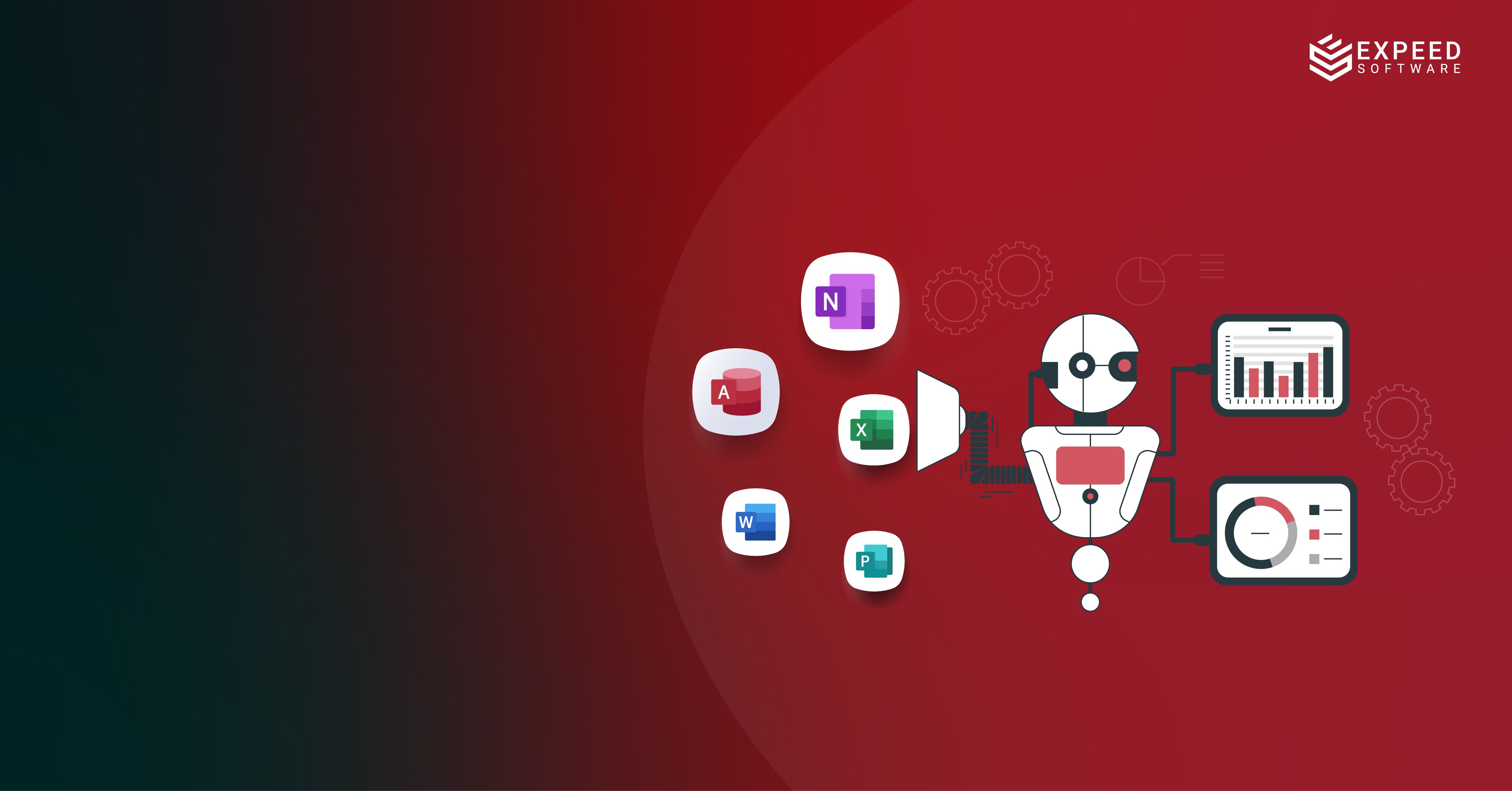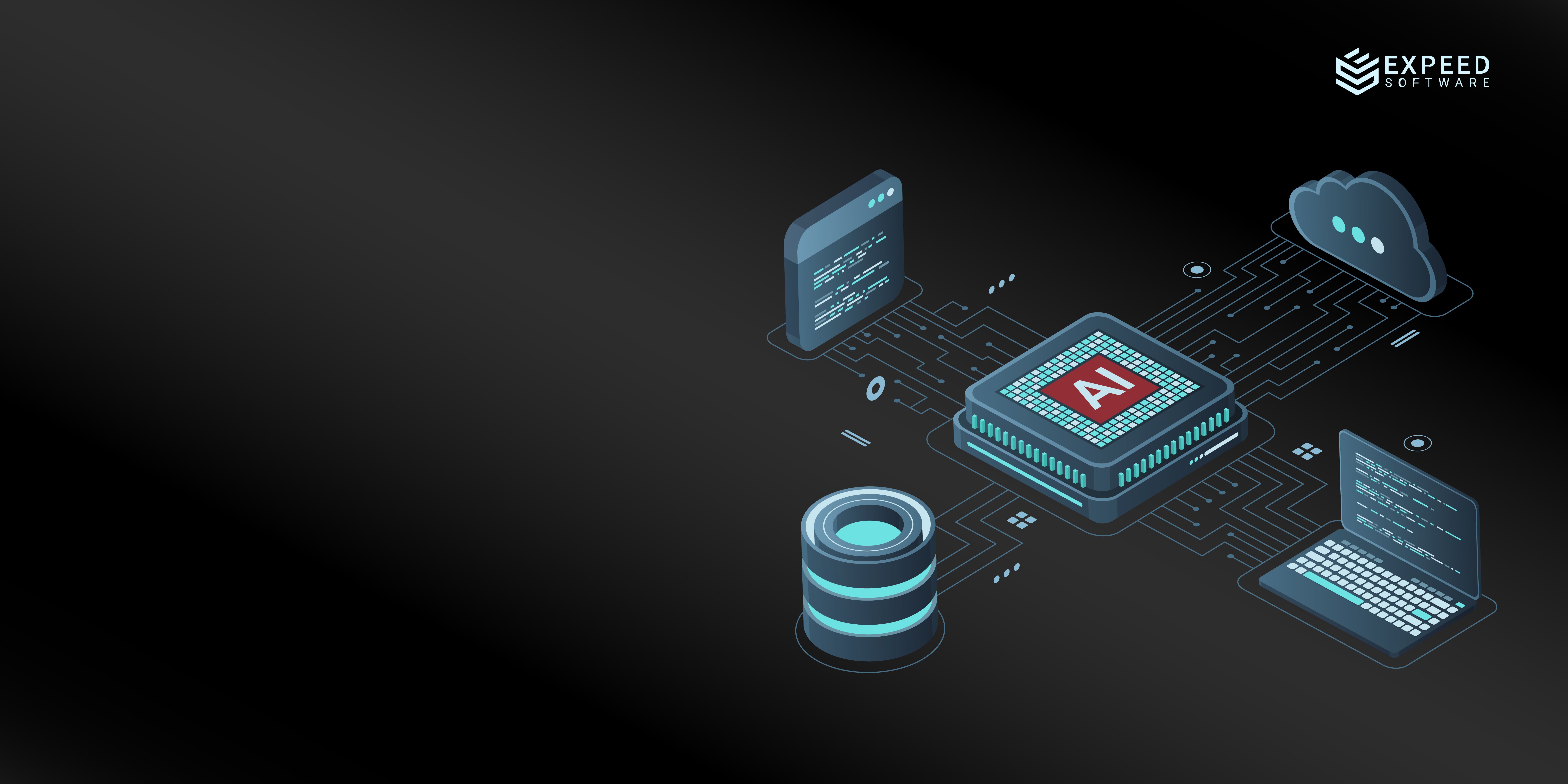The Significance of Custom Web Applications
The need for custom web application development is continuously on the rise – a trend that first appeared back in the late 90s and gained momentum in the early 2000s. Previously valued at USD 60709.6 million in 2022, this market is all set to grow in size to USD 96748.41 billion by 2028.
Clearly, custom applications are the future of businesses. But it’s not just the large enterprises that look for tailor-made applications. Studies indicate that even small businesses, colleges and universities, government bodies, and non-profit organizations have been approaching custom web application development companies to build tailored solutions that help them engage better with their customers and other stakeholders.
Which brings us to the question – with the scale of usage and diversity in applications, what are the kinds of technologies that companies must invest in to get their applications optimized for their requirements?
In this article, we’re delving deep into the different technologies that play important roles while building custom web applications and the right skill sets that a custom web application development company must possess in order to set itself apart as a reliable, long-term technology partner for businesses.
What is Custom Web Application Development?
Before we discuss the technologies at length, here’s a quick look at what it means to build a custom web application in today’s digital world. Putting it simply, custom web app development is the process of conceptualizing, designing, developing, and launching a unique digital platform or solution that aims to address a set of challenges and customer demands for an organization.
Of course, each custom web application development company has its own development process derived from a standard set of steps and methodologies. For instance, at Expeed we follow a 6-step development process that is based on an Agile methodology.
In a world that’s driven by digital interactions and highly volatile market behavior, choosing a custom web application enables businesses to improve their user engagement and offer better app experiences while being able to extend their brand communication and solutions seamlessly across multiple platforms.
Why Choosing the Right Technologies for Custom Web Applications is Crucial for Business Growth
If you’re a business that offers products or services outside the technology industry, understanding the right combination of technologies that your digital solution must incorporate might be a challenge. And let’s admit it, it is best to leave that to the expert web application development companies that you decide to partner with.
However, need to be aware of the business and operational impacts that these technologies might have, particularly in the long run, so that you can make informed decisions when planning for sales and marketing, upselling, and budgeting.
For instance, using widely popular technologies like Django for Python enables you to future-proof your application and allows it to be continuously updated. With a vast community of support and development resources, your business can upgrade the application based on changing market trends and integrate new features that make it more effective without having to overhaul the entire system.
Ultimately, it is the technology stack used in a custom web application that decides the app’s ability to perform, scale, and upgrade while staying within your budget.
Different Technologies to Consider While Building a Custom Web Application
Now let’s take a look at the top technologies that are being used by web application development companies worldwide.
It is important to note that development teams categorize technologies based on their approach and/or with reference to the user or business audience they want to communicate with. The below categorization of technologies into 5 groups offers a more granular view and helps understand the functionalities of each with reference to the different stages of development.
1. Client-side Technologies
This is the group of technologies that are used to create the front-end aspects of a custom web application – the part that users interact with directly on their web browsers. They run on the client server and are responsible for the tangible app features that support the user experience. Client-side technologies are made up of front-end frameworks and libraries, as well as state management and data-fetching tools.
- Frontend Frameworks and Libraries: This includes programming languages and frameworks that are optimized to deliver front-end functionalities. Some of the popular front-end technologies include:
- HTML: The Hyper Text Markup Language lays the foundation for any custom web application. It is almost always used in combination with other core technologies like CSS and JavaScript to enhance and modify the web application. HTML5 is the latest version that is being used majorly by web application development teams worldwide and offers new features that support multimedia elements, graphics, and interactive documents without having to depend on external plugins.
- CSS: Cascading Style Sheets, commonly referred to as CSS, is used to enhance the visual appearance and layout of the apps. When it comes to custom web application development, teams depend heavily on CSS to create more visually engaging designs that communicate more effectively with users on various platforms. CSS adds a layer of sophisticated styling when working on web documents.
- JavaScript: Essentially a scripting language, JavaScript is one of the most important modern frameworks that web application development companies rely on to create interactive and responsive web solutions. Reports state that over 63.61% of developers use Javascript as their primary programming language. The addition of React, Angular, and Vue.js into the JavaScript ecosystem has extended its capabilities and enabled developers to create complex, single-page applications (SPAs), real-time applications, and even server-side applications with Node.js.

Data Source: Statista
- State Management and Data Fetching Tools: Managing data and UI state can become challenging, especially when the application becomes more complex. That’s where tools like Redux and MobX help.
Based on the user requirements, custom web application development companies use either predictable state containers or flexible state management with an observable-based API. Data fetching tools like Apollo for GraphQL and Axios for REST APIs make lives easier for developers by simplifying request handling and streamlining caching, fetching, and managing data from multiple sources.
2. Server-side Technologies
Server-side technologies refer to programming languages, frameworks, and server infrastructure that handle the back-end functions of a web application.
- Programming Languages and Frameworks: Some of the most popular server-side programming languages include Python, Ruby, PHP, Java, and JavaScript (via Node.js). Each language has its own strengths and is supported by frameworks that help leverage its functionality.
For example, the high-level Python framework Django allows for rapid development and clean, pragmatic design, while the micro-framework Flask offers flexibility to choose its assortment of tools and libraries.
Similarly, frameworks like Laravel and Symfony help PHP developers create more robust custom web applications that flaunt features such as templating, routing, and authentication out of the box.
- Server Infrastructure: This consists of web servers and application servers that allow for seamless data fetching, page retrievals, and session management. Web servers like Apache and Nginx are great options when it comes to handling high volumes of concurrent connections while maintaining the app’s performance and efficiency.
Managing these servers is also an important aspect of custom web application development that is made easier by tools like Puppet, Chef, and Ansible that automate server setup and maintenance.
3. Data Management Technologies
A large part of custom web application development revolves around effective data management. This is especially true when it comes to complex applications with multiple functionalities and dynamic features. Selecting the right database for your application is crucial for ensuring proper storage, retrieval, and caching of data.
On that note, data management technologies can be classified into the following categories of databases.
- Relational (SQL) Databases: If you want to build a custom web application that requires complex queries, has transactional integrity, and works on defined relationships between different data entities, relational databases offer the best platform. Based on SQL, these databases store data in structured rows and columns. PostgreSQL and MySQL are popular open-source relational database systems.
- NoSQL Databases: When your application needs to work on large volumes of data in different formats that are not necessarily sorted or structured properly, it is best to go with NoSQL databases. They’re particularly beneficial for projects with evolving data models or those that need to scale horizontally. MongoDB and CouchDB are some of the popular NoSQL databases.
4. Security and Compliance
When talking about the technologies involved in custom web application development, not a lot is discussed about integrating security and compliance solutions into the app.
Although they may not fall under the traditional umbrella of tools and technologies leveraged for building an app, businesses need to understand the protocols and tokens being used to enhance their app security.
They can play a strategic role in business decision-making while factoring in the cost of development and global scalability. In this article, we’ll look at some of the basic and more commonly used authentication and authorization mechanisms.
- OAuth: OAuth is an open standard for access delegation commonly used as a way for Internet users to grant websites or applications access to their information on other websites but without giving them the passwords. This is achieved through tokens, which are issued by the resource server. It’s widely adopted for its flexibility in allowing third-party services to use user data without exposing user credentials.
- JWT (JSON Web Tokens): JWT is a compact, URL-safe means of representing claims to be transferred between two parties. In the context of authentication, JWTs are used to encode user identity and claims, which the server verifies to grant access to resources. Because of their stateless nature, JWTs are particularly useful in scaling applications since the server does not need to keep a record of tokens.
- OpenID Connect: Built on top of the OAuth 2.0 protocol, OpenID Connect is a simple identity layer that allows for the verification of the end-user’s identity and the basic profile information retrieval in an interoperable and REST-like manner. It’s used for single sign-on (SSO) across sites and applications.
5. Deployment and Hosting Technologies
Finally, let’s take a look at the hosting and deployment technologies that every custom web application development relies on. Today, cloud hosting services are the more popular choice among web application development companies, owing to their scalability, reliability, and cost-effectiveness.
The fact that most cloud providers invest heavily in security technologies and adhere to strict compliance standards makes them a natural choice for businesses. Let’s evaluate some of the popular cloud hosting services.
- AWS (Amazon Web Services): As one of the oldest and most established cloud providers in the market today, AWS covers a wide range of services and is highly reliable. It has one of the largest networks of data centers globally and is constantly introducing innovative features that can support emerging technologies like quantum computing and satellite data processing.
- Google Cloud Platform (GCP): This suite of cloud computing services offered by Google is a natural choice for web applications that require strong data analytics and machine learning support. Moreover, they provide the best environment for applications that use Kubernetes and offer significant advantages in terms of network speed and reliability.
- Microsoft Azure: If your business uses a Microsoft environment and is looking for enterprise application support, Azure may be a better cloud hosting solution for you. With its hybrid cloud capabilities, Azure offers a consistent platform and set of services across on-premises and cloud environments.
AI in Custom Web Application Development
Any discussion on choosing time-relevant and powerful technologies to build future-proof applications would fall weak without exploring the potential of integrating with AI. The AI technologies of today are revolutionizing web development by offering simpler yet more efficient ways to create intuitive and powerful custom web applications.
From e-commerce to healthcare, web app development companies have started integrating AI solutions into applications across industries. A recent Stackflow survey indicated that over 70% of developers are using or planning to use AI in their projects. Here are some examples:
- Using machine learning algorithms to analyze transaction and engagement data to offer personalized shopping recommendations in e-commerce applications.
- Using AI chatbots to improve customer experience and maintain relationships.
- Algorithms to manage and automate personalized content recommendations in OTT and CMS platforms.
AI technologies are evolving at a breakneck speed, and the above examples are only the tip of a largely unexplored iceberg. As a business, it is important to work with custom web app development companies that know how to integrate AI into your applications and leverage them to keep your app relevant to the evolving market.
Hiring the Right Technology Partner for Your Web App Development
Getting the right technology partner for your custom web application development is just as important (if not more) as choosing the right technologies for it. There are plenty of custom web application development companies out there that can offer you good solutions. However, it is important to select one that can adapt and implement new technologies and software innovations.
Here’s a checklist of questions you might want to consider when onboarding your technology partner.
- Do they have enough hands-on experience working on the combination of technologies best suited for your app?
- Does their approach involve more customized solutions or are they trying to push off-the-shelf products?
- Do they have a team size large enough to offer your dedicated support?
- Can they show a portfolio of projects similar to yours in complexity and industry?
While this is not a comprehensive list of qualifying questions, it is a good place to start your search.
Read more about the important factors to consider when hiring a web application development team for your project.
At Expeed, we have over 15 years of experience working with global brands and Fortune 500 companies across various industries. Our team consists largely of senior developers and experienced software engineers who are focused on identifying the specific requirements of your business and building custom web applications that align perfectly with your goals and objectives.

Expeed Software is a global software company specializing in application development, data analytics, digital transformation services, and user experience solutions. As an organization, we have worked with some of the largest companies in the world, helping them build custom software products, automate processes, drive digital transformation, and become more data-driven enterprises. Our focus is on delivering products and solutions that enhance efficiency, reduce costs, and offer scalability.


